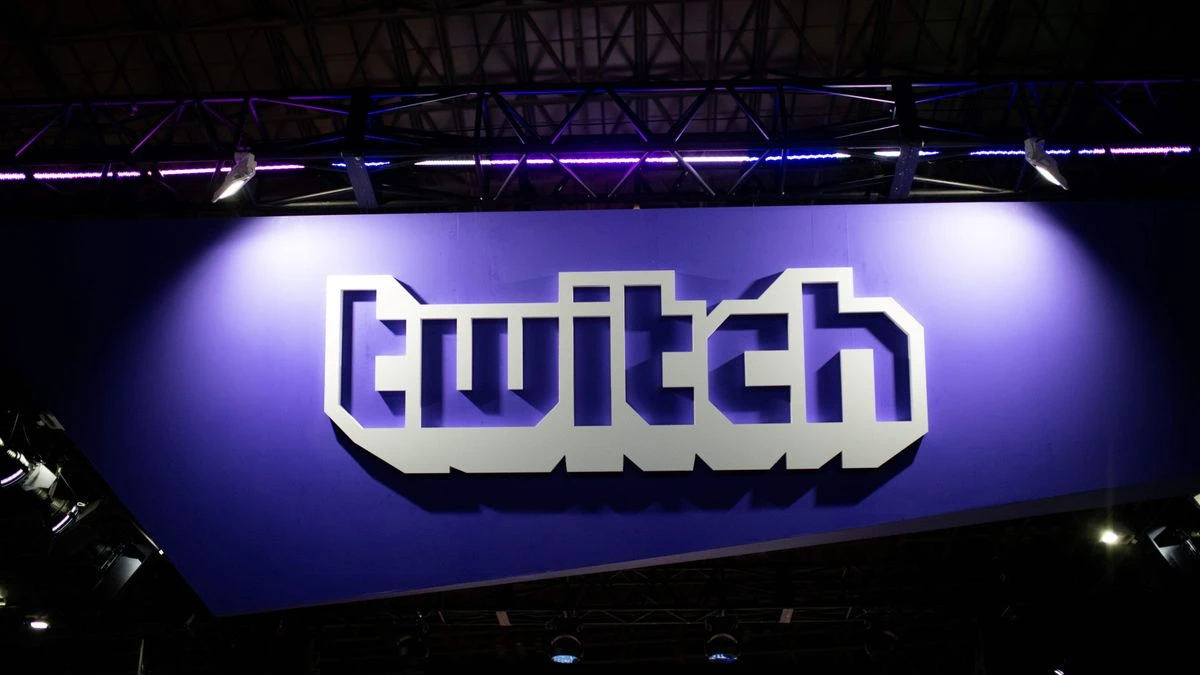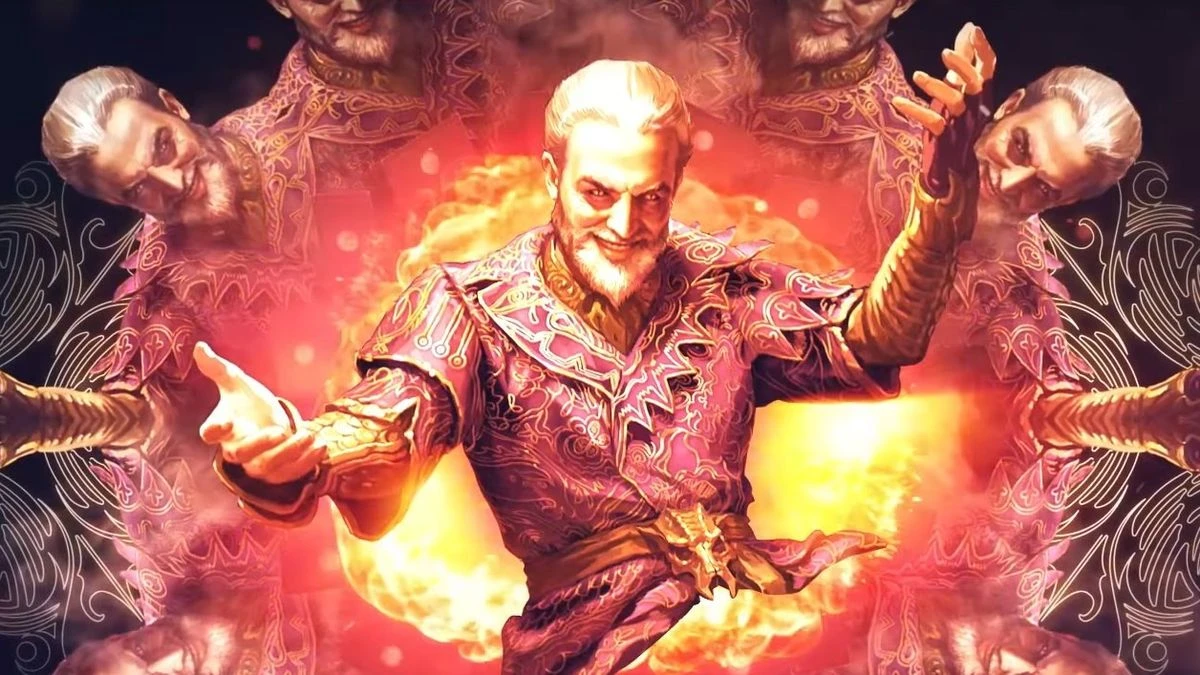Twitch has added a warning for 'politics' and'sensitive social issues', and it is working out exactly as expected
Twitch added a new category in its content classification guidelines that covers "politics and sensitive issues." This means that streams discussing topics like "elections," "civil integrity," "war or military conflict," and "civil rights" must be labelled to ensure viewers do not accidentally stumble into them, and are exposed to content they may find offensive.
Content classification labels will be required for streams which do not violate Twitch community guidelines, but contain material which may not be "appropriate" for all viewers, including younger viewers. In the past, this included M-rated games and sexual themes, as well as violence, drug use, and gambling. The list has been expanded to include a new category that is vaguely defined and includes "discussions or debates about sensitive social or political issues."
Twitch has had a bad month. The new category of content is a response to that. Zack "Asmongold", a popular streamer, was suspended for a period of two weeks after a racist tirade during which he called Palestinians "terrible" people who came from "an inferior cultural background." He's back, by the way. Twitch banned a number of Arab streamers a week later over a panel that took place at TwitchCon in which they ranked streamers from "Arab" up to "loves Sabra", Sabra being the brand of hummus that is owned by an Israeli-American partnership.
Around the same time it was revealed that Twitch had stopped accepting email-verified signups for Israel and Palestine over a year earlier. Twitch apologized immediately for the "unacceptable mistake and confusion it caused." It said it had disabled email-verified signups in the wake the Hamas attack against Israel on October 7,2023 "to avoid uploading graphic material" and then forgot to turn them back on.
Twitch's policies were put under scrutiny by the events, as it was accused of antisemitism and Islamophobia.
In response to these accusations, Twitch CEO Dan Clancy published a message today stating that "there is no room on Twitch" for racism, hate, or harassment of all kinds, including antisemitism, and Islamophobia, and that "immediate enforcement actions" are taken when Twitch finds content that violates its rules.
Clancy wrote: "Millions and millions of streamers with a variety of perspectives and views spend time on Twitch." "We acknowledge that certain content, even though it is allowed on our service may be objectionable for some members of our Community. The views expressed by Twitch streamers are not those of Twitch or mine.
"We are grateful for the feedback from our community. As our service grows, we continue to improve and develop our safety approach. We want to make sure that everyone can find their place on Twitch and are committed to ensuring hate and harassment has no place here.
Twitch cites the following examples: Twitch cites examples such as:
- Streams with former or current politicians if the content includes discussions about public policies
- Live coverage of elections, civic processes or election-related disputes
- Livestreams from protests, rallies or civil unrest in relation to civil rights issues, government policies
- Discussions about military conflicts, foreign policies, or national security
- Discussing ideologic or socio-political viewpoints on topics such as gender, race, sexuality or religion
- Discussing legislation relating to a sensitive issue such as LGBTQ+ rights or immigration
Content labels are not required for streams that "contain informational or educative content, which aims to share knowledge neutrally, based on facts, rather than engage in any advocacy for a candidate or issue." Streams that "include occasional mentions of politicians, sensitive social issues, or politics" are also exempted from the labelling requirement.
The whole thing is confusing and more likely to make matters worse than better. Does "educational content", which is neutral, include topics like the rise of fascism or the attempted overthrow the rightfully elected government in 2021? Or does this fall under "commentary about election-related disputes"? Does a recitation about proposed anti-trans laws for Utah qualify as "neutral fact-based" presentation or is it a discussion on a sensitive social topic? Who decides and on what basis do they make their decision?
I don't believe that content guidelines are inherently bad, but they feel like a rushed and scattershot attempt to "do something" which ultimately amounts to nothing more than an excuse. What is neutrality when faced with the rise of white supremacy and hatred for LGBTQ+? What is ideological in the context of a right to existence?
The reaction to the announcement of new classification labels has been chaotic and unsatisfied. Social media is flooded with calls for the banning of popular streamers who discuss political topics (and accusations that Twitch has simply created this new classification category in order to avoid doing so). There are also predictions that antisemitism would become more prevalent under "sensitive content" protection. And LGBTQ+ streamers ask if they will have to add warning labels to their streams where they talk about their experiences, identities, and lives.
CiCi told PC Gamer that she had a hysterectomy when she was 25 years old due to severe endometriosis. "Reproductive health, rights and freedom are things I feel I should also be able speak freely about since it is a part of who i am," CiCi said. "I have also been a supporter of The Center for Reproductive Rights, a charity, and have used Twitch in the past to raise money for them."
Some streamers worry about the potential revenue impact. Advertisers will avoid streams that have content warning labels, no matter the context.
I have a strong sense that this new category of content is going to miss its mark badly and that modifications or even a complete do over will be made sooner rather than later. Twitch has done this before. In December 2023, it relaxed its sexual content guidelines in order to allow "artistic depictions" of nudity. However, two days later they reverted the change after realizing that "artistic' meant different things to different individuals.




Comments